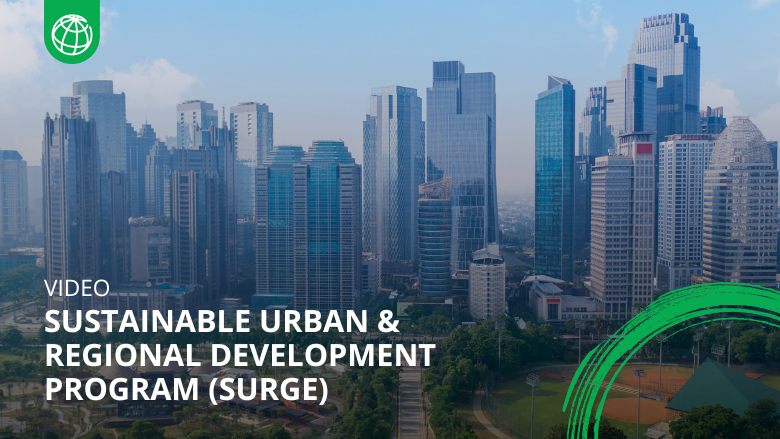About the Program
SURGE is an umbrella multi-donor trust fund, administered by the World Bank, that aims to enable cities and regions in developing countries to function as drives of sustainable and inclusive economic development.
About the Program
SURGE is an umbrella multi-donor trust fund, administered by the World Bank, that aims to enable cities and regions in developing countries to function as drives of sustainable and inclusive economic development.
SURGE Structure
SURGE operates as one program with one governance body and one results framework. Under this structures, SURGE donors support fifteen distinct global, regional and country programs.
